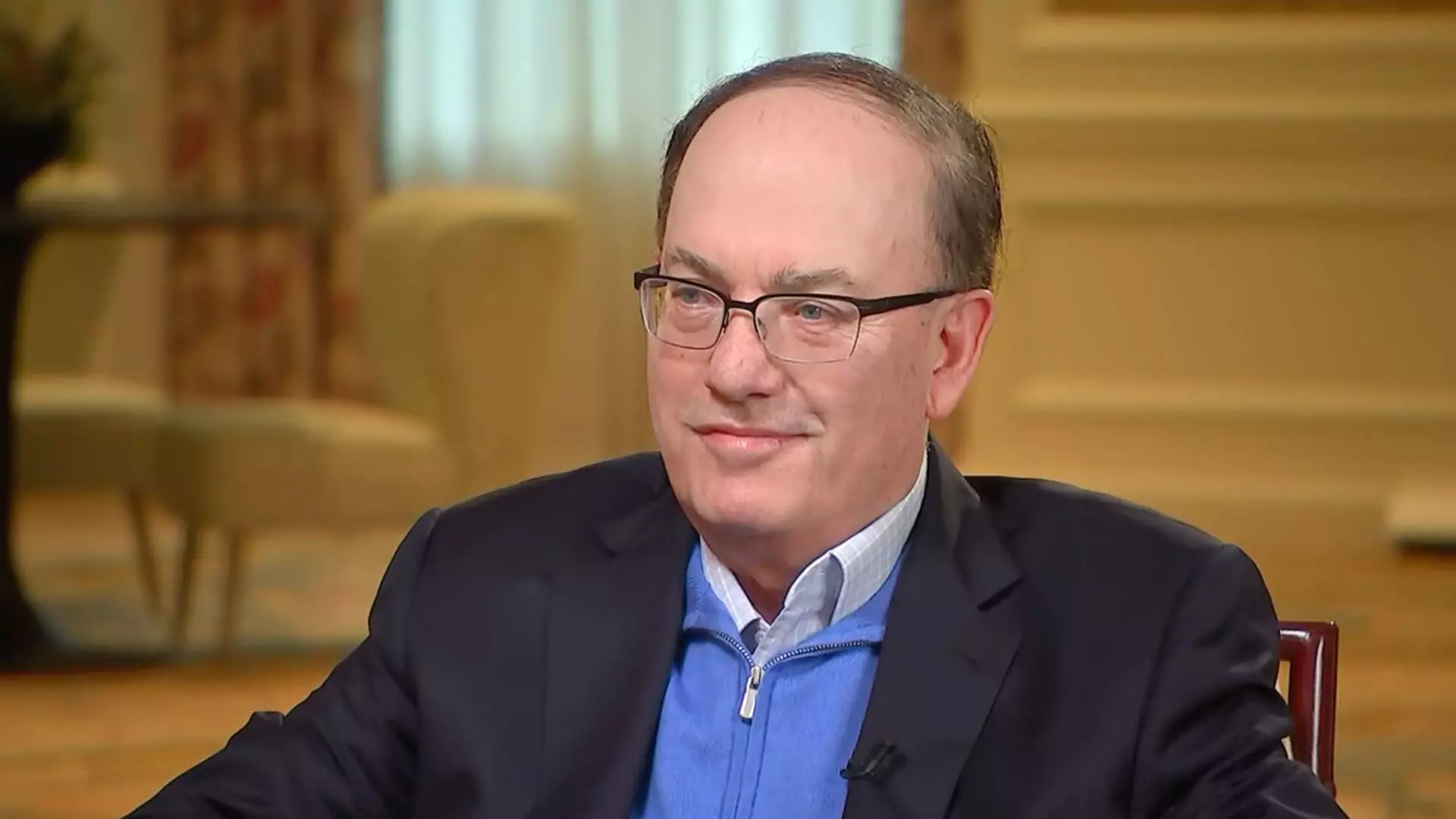Billionaire investor Steve Cohen has expressed profound concerns regarding the current state of the U.S. economy, indicating a shift in his bullish sentiment towards a more cautious, bearish outlook. Cohen, known for his role as chairman and CEO of Point72, has highlighted several factors contributing to his apprehension, particularly focusing on the economic consequences of trade tariffs, restrictive immigration policies, and reductions in federal spending.
At a recent summit in Miami Beach, Cohen articulated his skepticism regarding the effectiveness of tariffs implemented under former President Donald Trump’s administration. He pointed out that these tariffs function akin to taxes on the American populace, ultimately leading to inflationary pressures and diminished consumer spending power. The interconnectedness of tariffs with the broader immigration policies—specifically a tightening of immigration standards—has led to fears of a constrained labor force, which Cohen argues will negatively impact economic growth. The dual challenges of increasing costs due to tariffs and dwindling labor availability paint a troubling picture for the U.S. economy.
Impact of Government Efficiency Initiatives
Cohen’s critique extends to the initiatives promoted by the Department of Government Efficiency, led by figures such as Elon Musk. Musk’s ambitious aim of slashing federal expenditures by $2 trillion raises concerns about the ramifications of such cuts. Cohen emphasizes that the potential withdrawal of significant federal spending could create a ripple effect throughout the economy, stifling growth and leading to job losses in sectors reliant on government funding. In Cohen’s view, once money that has traditionally circulated within the economy is stifled, the overall economic activity is likely to slow down.
Moreover, Cohen forecasts a significant pullback in the stock market due to the current macroeconomic uncertainties. Speculations include a noticeable slowdown in economic growth, which he projects could decrease from 2.5% to just 1.5% in the latter half of the year. This anticipated deceleration is not merely a blip but a reflection of broader changes that could be unfolding within the economic regime. He warns investors to brace for a potential market correction, suggesting that the favorable conditions that characterized previous years may soon give way to a more volatile and uncertain investment landscape.
The Broader Implications
Cohen’s analysis signals broader implications not just for investors but also for policymakers and the general public. The interaction of tariffs, immigration policies, and fiscal austerity could facilitate a perfect storm of economic challenges, raising crucial questions about the sustainability of growth. If the current trajectory persists, the American economy may face significant hurdles in achieving robust recovery, particularly in the wake of a pandemic that has already disrupted countless sectors.
Cohen’s assessment of the U.S. economic landscape paints a stark and cautionary narrative. With factors such as punitive tariffs and restrictive immigration policies complicating the economic environment, investors and stakeholders must navigate an increasingly uncertain future. The vigilance afforded by Cohen’s insights serves as an essential reminder of the complexities of economic dynamics and the importance of adaptive strategies in times marked by change and unpredictability.

